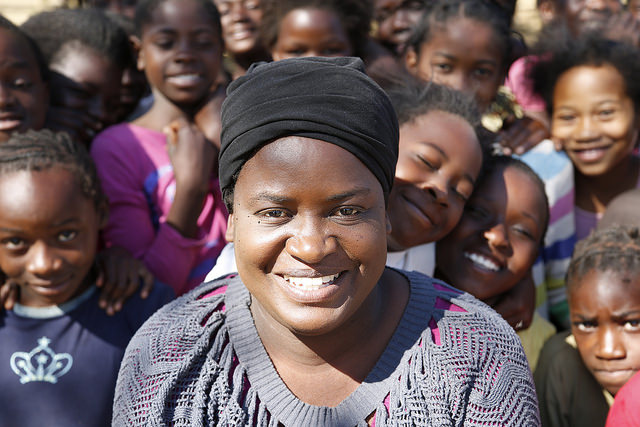The dominant approach to adolescent health is organized around specific problems such as pregnancy, sexually-transmitted infections, or violence, lacking an integrative development lens and sufficient attention to how contexts—families, schools, neighborhoods, and beyond—shape health and behavior. In response to the need for integrative approaches, developmentally-informed scientists across disciplines are now seeking to identify innovative approaches to promoting adolescent health, particularly with respect to interventions and policies that promote positive development that can yield benefits across diverse outcomes. These approaches are particularly needed for improving the wellbeing and life trajectories of young people who experience marginalization due to poverty, racism, and other structural barriers.
A new Matrix research team, called the “Network for Adolescent Wellbeing and Development” (NAWD), aspires to develop innovative approaches for research into key issues related to adolescent health, including technology and adolescent well-being, violence prevention, methodological innovations (e.g., participatory research, new approaches to causal inference in epidemiological and policy research), and reproductive health. This team will help bring together some of the numerous faculty and students across campus whose work is relevant to the contexts and factors that shape adolescent development, including experts in diverse fields such as psychology, medicine, economics, neuroscience, social welfare, sociology, public health, education, policy, and information science.
Led by Emily J. Ozer, PhD, Professor of Community Health and Human Development in the UC Berkeley School of Public Health, the team will focus their work in two key areas: 1) the integration of developmental science into intervention and policy efforts to improve adolescent well being, and 2) consideration and focus on settings and structures—not just individual adolescents—in efforts to improve adolescent well being and health. Members of the NAWD are innovators in developing and advancing theoretical and methodological approaches (quantitative, qualitative, and integrative) in diverse areas including health-related ethnography, social and affective neuroscience, communications, sexual values for Latino teens, social learning/modeling effects, health behavior, psychological empowerment, and respondent-driven sampling. The integration of these disciplinary approaches is innovative and will inform new contributions to re-shape the field’s approach to adolescent health and development.
"UC Berkeley has tremendous potential to respond to this call to transform research and interventions in adolescent health, and to serve as an international leader in an interdisciplinary re-shaping of the field," the researchers explained in their proposal. "It takes structure and vision to stretch us to work together collaboratively beyond our own research programs. What is needed now is a structure and process to bring scholars across disciplines and departments together on some feasible short-term first steps to establish a research agenda and develop funding proposals to support medium and long-term goals."
